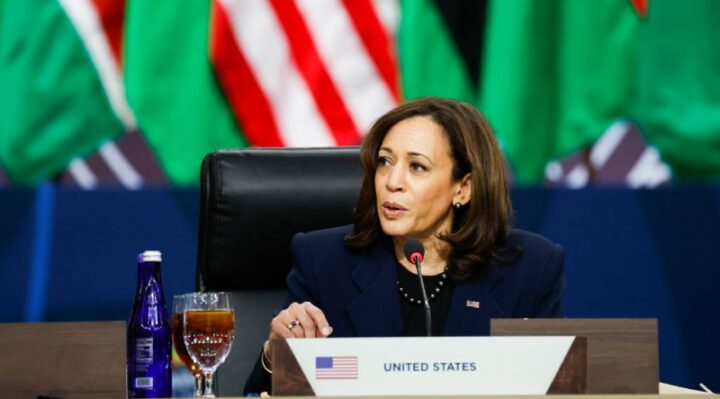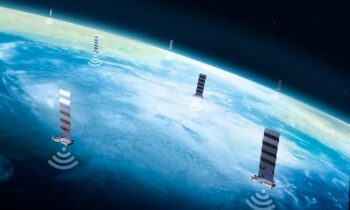
On Friday, Vice President Kamala Harris announced the creation of a new alliance aimed at helping to increase internet access in Africa from about 40% to 80% by 2030.
The statement is made in response to Harris’s trip to the continent last year and in conjunction with Kenyan President William Ruto’s visit to Washington this week. At a Friday open discussion about how public-private partnerships might boost economic growth, Harris and the Kenyan leader met at the U.S. Chamber of Commerce.
“Many could rightly argue that the future is on the continent of Africa,” Harris remarked, pointing out that the continent’s median age is 19, indicating room for economic expansion. “It is not about, and simply about aid, but about investment and understanding the capacity that exists.”
Africa has had difficulty acquiring the funding required to develop its technology and industrial sectors. Foreign direct investment in the continent dropped to $45 billion in 2022 from a record high of $80 billion in 2021, according to a UN report from the previous year. Africa, home to almost 18% of the world’s population, received just 3.5 percent of foreign direct investment globally.
In addition to establishing the charity Partnership for Digital Access in Africa, Harris unveiled a project aimed at enabling 100 million Africans and agricultural enterprises to access the digital economy.
The African Development Bank Group will assist in forming the Mobilizing Access to the Digital Economy Alliance, or MADE, along with Mastercard and other organizations. Before going nationwide, the coalition will launch a trial program to provide 3 million farmers in Kenya, Tanzania, and Nigeria with internet access.
In addition, Harris—a Democrat and the first female vice president of the United States—announced that over $1 billion in public and private commitments have been made as part of the Women in the Digital Economy initiative to close the gender gap in technology access, with some federal commitments still awaiting congressional approval.

